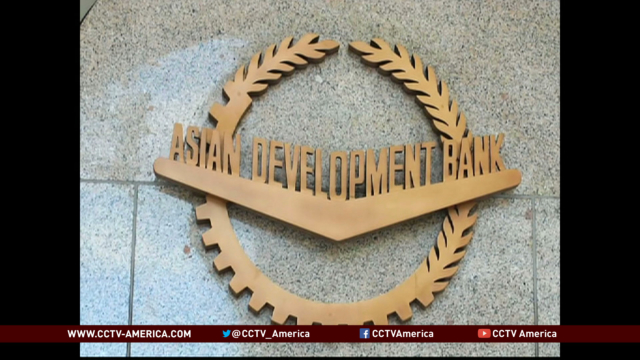Twenty-one Asian nations have signed on to a China-driven initiative to create a new development bank for Asia that’s aimed at boosting infrastructure investment of all kinds.
Chinese President Xi Jinping said the Asian Infrastructure Investment Bank (AIIB) should be open and inclusive in order to realize cooperation and win-win reciprocity, a Chinese Foreign Ministry spokesperson reported on Friday.
Xi proposed the creation of this new bank a year ago to fulfill a big need. Estimates from the Asian Development Bank said Asia will need $8 trillion in infrastructure investment by 2020, and existing institutions are not meeting that need.
While established financial institutions like the World Bank welcome the creation of the AIIB, the U.S. and some of its allies are not.
The U.S. has traditionally backed the Asian Development bank in the region for financing big projects. That bank is headed by its ally Japan. Behind the scenes, Washington has lobbied against the new bank, saying the AIIB would undermine the Asian Development Bank and the World Bank, and has suggested the new rival may skirt international environmental standards in the projects it funds.
Australia and the Republic of Korea have indicated they may join the bank in the future.
At the end of World War II, the U.S. and its allies set up a system of financial rules and procedures among the world’s major industrial states, known as the Bretton Woods System, that consists of the World Bank and the International Monetary Fund. The U.S. has held an effective veto at these institutions for decades.
Calls for reforming the global financial system from developing nations including Brazil, India, China, and South Africa have gone largely unheeded. Having a new well-financed bank based in Beijing may help change that, but some observers said it could be seen as a threat to the status quo.

 CGTN America
CGTN America
